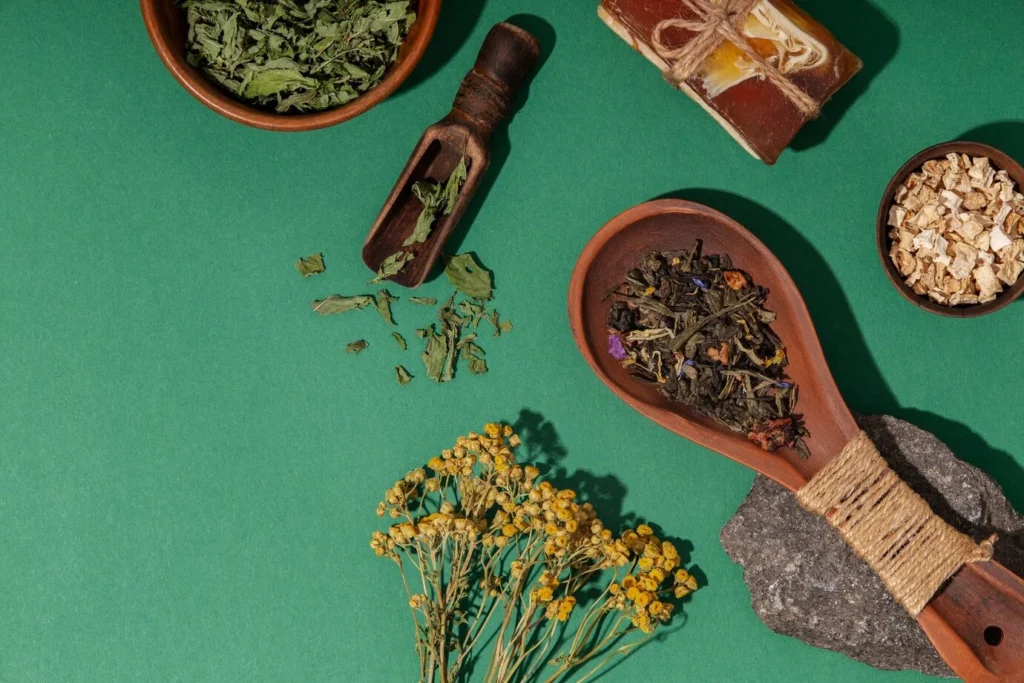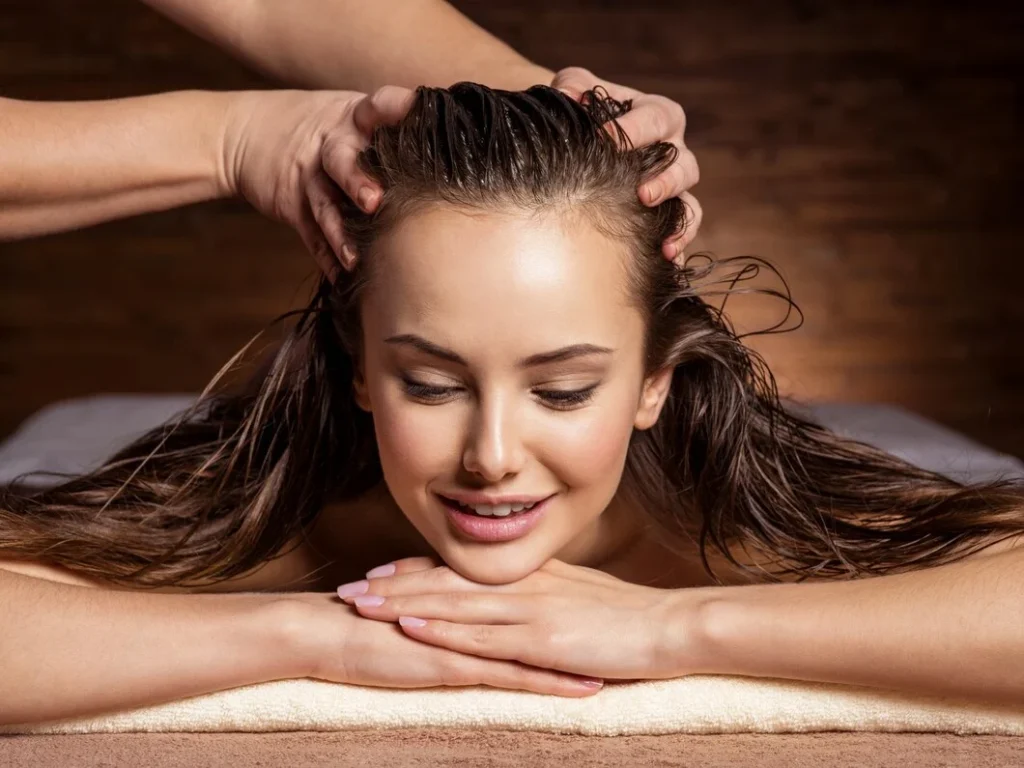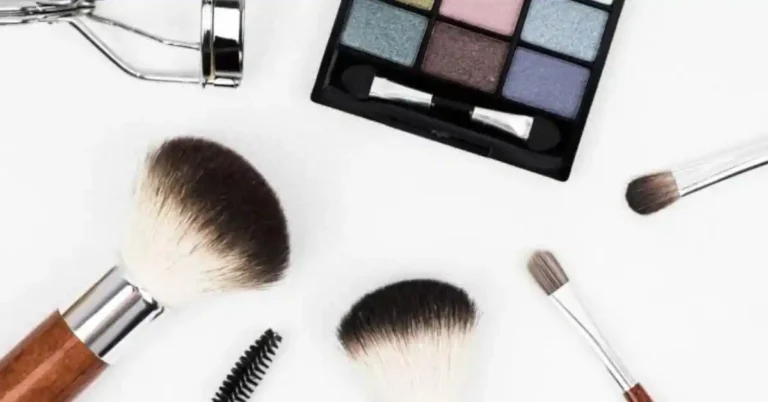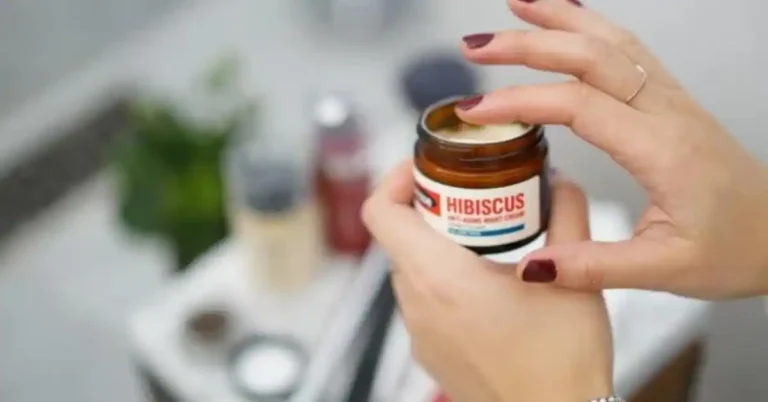Natural Remedies for Healthy Hair and Scalp
In today’s fast-paced world, maintaining healthy hair and scalp often feels like a daunting task. With endless products promising miraculous results, it’s easy to overlook the power of natural remedies. Fortunately, nature provides us with an array of ingredients that can nourish, strengthen, and revitalize our hair and scalp without the harsh chemicals found in many commercial products.
Understanding the Importance of Healthy Hair and Scalp
Understanding the importance of healthy hair and scalp is crucial for anyone looking to maintain their overall well-being and appearance. Hair is not just a cosmetic feature; it plays a significant role in protecting the scalp and regulating body temperature. Here are some key points to consider:
- Protection and Insulation: Hair acts as a natural barrier, protecting the scalp from environmental elements such as sunlight, wind, and pollutants. Additionally, hair provides insulation, helping to regulate body temperature by trapping heat close to the scalp in colder weather and providing ventilation in warmer temperatures.
- Expression of Identity: Hair is deeply intertwined with cultural, social, and personal identity. Different hairstyles, lengths, and colors often reflect individuality, cultural heritage, and personal style choices. Healthy hair contributes to a positive self-image and boosts confidence.
- Indicator of Health: The condition of your hair can serve as an indicator of your overall health. Dull, dry, or brittle hair may be a sign of nutritional deficiencies, hormonal imbalances, or underlying health issues. Conversely, shiny, strong, and vibrant hair often reflects good overall health and well-being.
- Scalp Health: A healthy scalp is essential for maintaining healthy hair growth. The scalp is the foundation from which hair grows, and any issues such as dryness, inflammation, or excess oil production can impact hair growth and quality. Conditions like dandruff, scalp infections, and psoriasis can also affect scalp health and lead to hair loss if left untreated.
- Hair Growth and Maintenance: Healthy hair growth requires a nourished scalp and proper care of the hair shaft. A balanced diet rich in essential nutrients such as vitamins, minerals, and proteins is essential for promoting hair growth and preventing hair loss. Additionally, regular washing, conditioning, and protection from heat styling and harsh chemicals are vital for maintaining healthy hair.
- Emotional Well-being: The appearance of our hair can have a significant impact on our emotional well-being. Many people feel more confident and self-assured when their hair looks and feels healthy. Conversely, hair loss or scalp issues can lead to feelings of self-consciousness, embarrassment, and low self-esteem.
Harnessing the Power of Nature
Harnessing the power of nature is a timeless approach to wellness that has been practiced for centuries across cultures worldwide. When it comes to hair and scalp care, natural remedies offer a gentle yet effective alternative to chemical-laden products. Here’s how you can harness the power of nature for healthier hair and scalp:

Essential Oils
- Benefits: Essential oils extracted from plants carry potent properties that can nourish the scalp, strengthen hair follicles, and promote growth.
- Examples: Lavender oil soothes the scalp and reduces stress, while tea tree oil has antimicrobial properties that combat dandruff and scalp infections.
Herbal Extracts
- Benefits: Herbs like rosemary, chamomile, and nettle are rich in vitamins, minerals, and antioxidants that support scalp health and hair growth.
- Examples: Rosemary extract stimulates blood circulation to the scalp, promoting hair growth and thickness. Chamomile extract soothes irritation and adds shine to hair.
Nutrient-rich Oils
- Benefits: Natural oils like coconut, argan, and jojoba oil are packed with essential fatty acids and vitamins that moisturize the scalp, strengthen hair strands, and prevent breakage.
- Examples: Coconut oil penetrates the hair shaft, reducing protein loss and protecting against environmental damage. Argan oil adds shine and softness while taming frizz.
Aloe Vera
- Benefits: Aloe vera gel contains enzymes, vitamins, and minerals that hydrate the hair and scalp, balance pH levels, and promote healthy hair growth.
- Usage: Apply fresh aloe vera gel directly to the scalp, or mix it with your favorite oil for added benefits.
Apple Cider Vinegar
- Benefits: Apple cider vinegar helps to balance the pH of the scalp, remove buildup from hair products, and seal the hair cuticle for smoother, shinier locks.
- Usage: Dilute apple cider vinegar with water and use it as a final rinse after shampooing to clarify the scalp and restore shine.
Natural Hair Masks
- Benefits: Homemade hair masks using ingredients like avocado, banana, honey, and yogurt provide deep conditioning and nourishment to dry, damaged hair.
- Usage: Mix mashed avocado with honey and olive oil to create a moisturizing hair mask, or blend banana with yogurt for added shine and strength.
Incorporating Natural Remedies into Your Hair Care Routine
Incorporating natural remedies into your hair care routine is a wonderful way to nourish your hair and scalp while minimizing exposure to harsh chemicals. Here’s how you can seamlessly integrate these remedies into your daily regimen:
Identify Your Hair Concerns
- Take stock of your hair and scalp needs. Are you dealing with dryness, dandruff, hair loss, or simply seeking to maintain overall health and shine?
Select Suitable Natural Remedies
- Choose natural ingredients and remedies that target your specific concerns. For example, if you have a dry scalp, opt for moisturizing oils like coconut or argan oil. If you’re struggling with dandruff, consider incorporating tea tree oil or apple cider vinegar into your routine.
Establish a Routine
- Incorporate natural remedies into your existing hair and scalp care routine. Start by introducing one remedy at a time to gauge its effectiveness and how your hair responds.
Pre-shampoo Treatments
- Prior to shampooing, indulge in pre-shampoo treatments to nourish and prepare your hair. Apply coconut oil, olive oil, or aloe vera gel to your scalp and hair, leaving it on for at least 30 minutes (or overnight for deeper conditioning) before shampooing as usual.
Shampoo and Conditioner
- Opt for natural, sulfate-free shampoos and conditioners that are gentle on your hair and scalp. Look for products infused with botanical extracts and essential oils for added nourishment and benefits.
Scalp Massage
- Incorporate scalp massage into your routine to stimulate blood circulation, promote relaxation, and enhance the absorption of natural remedies. Use your fingertips to gently massage your scalp in circular motions for a few minutes before shampooing.
Natural Hair Masks
- Treat your hair to a weekly or bi-weekly natural hair mask to deeply condition and revitalize your strands. Experiment with DIY masks using ingredients like avocado, banana, honey, yogurt, and eggs, or opt for pre-made masks containing natural extracts and oils.
Final Rinse
- Finish your hair care routine with a natural final rinse to seal the hair cuticle and add shine. Dilute apple cider vinegar or lemon juice with water and use it as a final rinse after conditioning to remove any residue and restore pH balance.
Consistency is Key
- Consistently incorporate natural remedies into your hair care routine for optimal results. Remember that natural remedies may take time to show noticeable improvements, so be patient and stay consistent with your regimen.
Monitor and Adjust
- Pay attention to how your hair and scalp respond to natural remedies. Monitor any changes in texture, appearance, and overall health, and adjust your routine as needed to address evolving concerns.
By incorporating natural remedies into your hair care routine, you can nourish your hair and scalp with the goodness of nature, promoting healthier, more vibrant locks while minimizing exposure to potentially harmful chemicals.
Scalp Massage Techniques and Benefits
Scalp massage is not only a relaxing indulgence but also a therapeutic practice that can promote healthier hair and scalp. From relieving tension to stimulating hair growth, the benefits of scalp massage are numerous and backed by science. In this article, we’ll explore various scalp massage techniques and delve into the compelling reasons why you should incorporate this practice into your hair care routine.

Benefits of Scalp Massage
- Improved Circulation: Scalp massage increases blood flow to the hair follicles, delivering essential nutrients and oxygen that promote hair growth and strengthen the roots.
- Stress Relief: The gentle pressure and rhythmic movements of scalp massage can help alleviate stress and tension, leading to relaxation and a sense of well-being.
- Enhanced Hair Growth: By stimulating the hair follicles and promoting circulation, scalp massage can encourage hair growth and minimize hair loss, making it an effective remedy for thinning hair and balding.
- Conditioning the Scalp: Scalp massage helps distribute natural oils produced by the scalp, moisturizing the hair strands and preventing dryness, flakiness, and dandruff.
- Release of Tension Headaches: Tension often accumulates in the scalp muscles, leading to headaches and discomfort. Scalp massage can alleviate this tension, providing relief from headaches and migraines.
Scalp Massage Techniques
- Circular Motion:
- Using your fingertips, gently massage your scalp in circular motions, starting from the front and working your way to the back. Apply moderate pressure and focus on areas where you feel tension or tightness.
- Kneading:
- With your fingertips or palms, knead the scalp using a gentle, squeezing motion. This technique helps to release tension in the scalp muscles and stimulate blood flow.
- Pinching and Pulling:
- Lightly pinch sections of your scalp between your thumb and fingertips, then gently pull upward. This technique helps to stimulate the hair follicles and promote circulation.
- Tapping or Percussion:
- Use your fingertips to tap or lightly drum on the scalp, moving across the entire surface. This technique helps to invigorate the scalp and increase blood flow.
- Hair Pulling:
- Grab small sections of hair close to the scalp between your thumb and index finger, then gently tug upward. This technique can help release tension and promote relaxation.
Incorporating Scalp Massage into Your Routine
- Aim to massage your scalp for at least 5-10 minutes, ideally before shampooing or as part of your nightly relaxation routine.
- Use natural oils such as coconut oil, olive oil, or argan oil to enhance the benefits of scalp massage and provide additional nourishment to the hair and scalp.
- Experiment with different massage techniques to find what feels most comfortable and effective for you.






